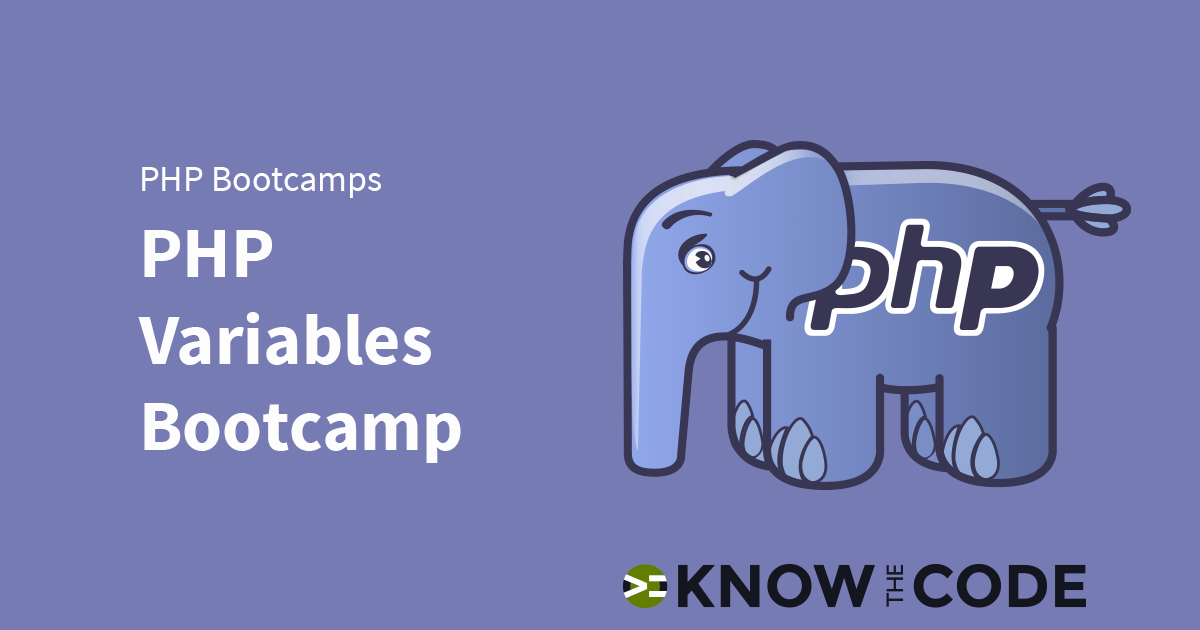Let’s dive into passing data by reference. By reference allows you to work with the same data between different variables. This means you can change the data and it is changed in both variables. You will build some code to test this concept and see how it works. Then you and I will talk about when to use it.

